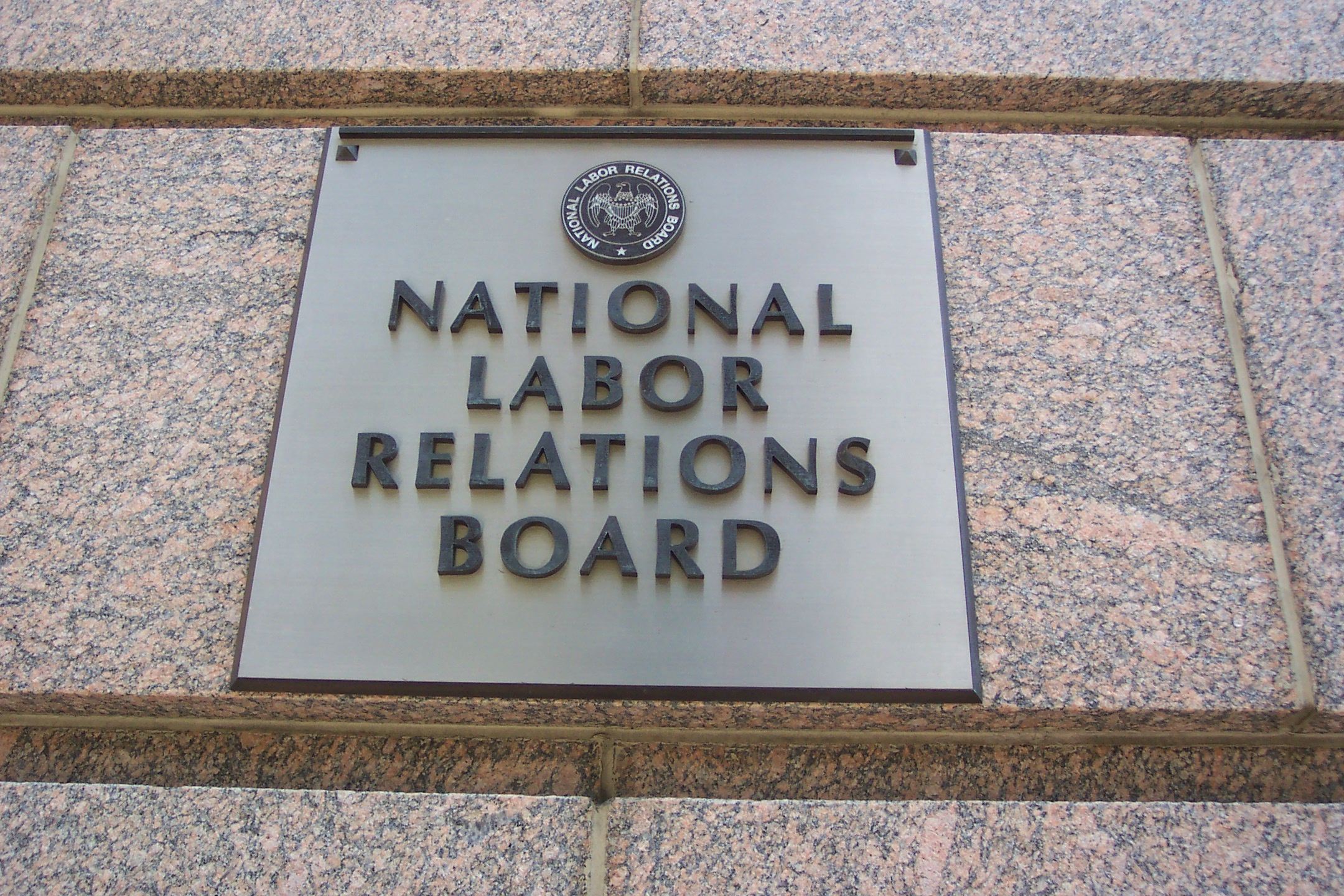
The National Labor Relations Board (NLRB) is an independent federal agency with the power to protect employees’ right to organize and to determine whether to have unions as their bargaining representative. The agency can also prevent and remedy unfair labor practices committed by private sector employers and unions. So, as you can imagine, the board’s decisions and policies have everyday implications for Local 150.
Every four years, the President of the United States appoints the NLRB’s General Counsel to a four-year term. The appointed General Counsel is responsible for investigating and prosecuting unfair labor practice cases, and though the General Counsel is considered independent of the board, he or she often sets the tone for the agency.
Under the Obama Administration, the board had a reputation of being friendly to labor, largely in part to President Obama’s appointment of General Counsel Richard F. Griffin, Jr., who was one of our very own. Griffin had served as General Counsel for the International Union of Operating Engineers (one of many hats he held during his career with IUOE) and had served on the NLRB for over a year before being appointed by President Obama. During his time as General Counsel of the NLRB, Griffin oversaw a board that often made decisions on the side of workers over employers.
After being elected, President Trump appointed Peter Robb to replace Griffin as General Counsel. Robb swiftly released a memo to the agency’s regional directors making it clear that he planned to change the direction of the board’s labor-friendly decisions, and had plans to undo much of the Obama-era board’s sweeping changes to federal labor law.
In April 2018, Robb suggested that the board push back the hearing of union election petitions from eight to 12 days after the petition is filed, and to allow regional directors the ability to further extend hearing dates for an additional 3 days on top of that. Business and management claim they want these changes in order to avoid “ambush elections,” but NLRB data shows that expediting or delaying these hearings does not significantly change outcomes for unions or employers. Make no mistake, these efforts all have one goal in mind: to extend the amount of time management has to try and convince employees not to vote in favor of being represented by a union. Fortunately, many career regional directors are fully aware of Robb’s anti-worker goals, and they are resisting numerous policy changes suggested by Robb.
Robb’s anti-worker efforts are nothing new. With every administration change comes a new NLRB General Counsel appointee that is either on the side of workers or on the side of management. With the far-reaching implications of the NLRB’s decisions and policies for our union, we must keep the NLRB appointment in mind every time we step into a voting booth.

